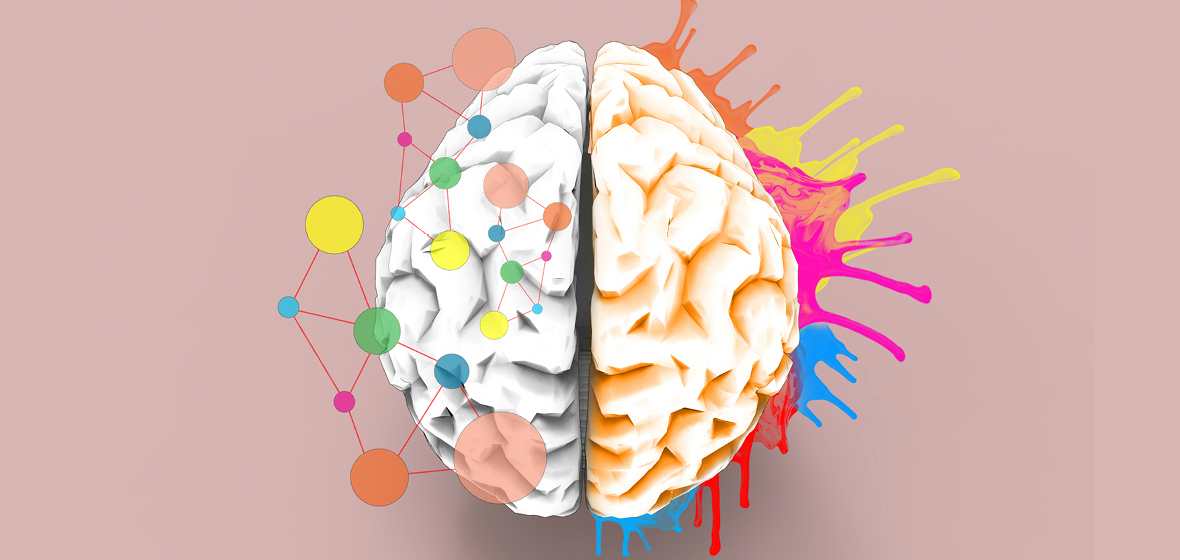Neurotechnology is already being used to treat conditions such as Parkinson’s disease, locked-in syndrome, and epilepsy. There is commercial excitement in the field due to its potential to treat other conditions, including dementia, depression, and anxiety. The US military is currently developing ways in which neurotechnology can help soldiers stay awake and pay attention for longer.
Dr Allan McCay, an Academic Fellow at the Sydney Law School and Deputy Director of the Sydney Institute of Criminology, considers how advancements in neurotechnology may impact legal practice.
“Right now, it’s a matter of attracting clients,” says McCay.
“In the past, some law firms have endeavoured to make a name for themselves as leaders in artificial intelligence,” he says.
“It might be the case that firms want to try to become specialists in both therapeutic and non-therapeutic neurotechnology as a way of acquiring new clients.”
While the number of people using neurotechnology remains small, it is very likely to increase. Recently, Elon Musk expressed his interest to invest in Synchron, a brain-computer interface company founded by researchers at the University of Melbourne. Synchron is further down the path to regulatory approval than Musk’s own tech company Neuralink.
“My sense is that there are many interested investors who think that something is going to come out of neurotechnology in a time frame they’re interested in,” says McCay.
“That, along with my discussions with neuroscience and biomedical engineer colleagues, makes me think that the take up of neurotechnology in society is going to be soon.
“Naturally, legal issues are going to arise from it.”
McCay uses the example of criminal law to highlight a potential issue. The distinction between mens rea and actus reus, the guilty mind and the criminal act, is blurred when someone is acting by way of brain computer interface.
It’s going to raise some odd questions once people perform legally significant actions that are mediated in some way by neurotech.
In the future, neurotechnology may offer an alternative to jail time. For example, an offender who has a condition such as a predisposition to impulsivity may choose to have a neural implant to monitor their brain and avert impulsive outbursts, thereby putting the offender in a position to persuade the judge that they can safely serve their sentence in the community.
“I think it’s a viable possibility under NSW law, but of course there’s human rights issues,” McCay says.
“Who runs it? Where does the data go? What about the issue of autonomy?”
McCay notes that neurotechnology diminishes moral agency on the part of the offender and potentially leaves victims feeling that justice has not been fully accounted for.
Neurotechnology could well affect the way in which lawyers work in the future. Law is a very competitive environment, and lawyers may use neurotechnology to improve their chances of promotion.
“It may be possible to gain an advantage by some sort of neurotechnological device that improves attention or memory,” says McCay.
When considering the impact technology will have on legal practice, it is not a question of humans versus machines. Rather, McCay frames this as a three-way competition between unenhanced human lawyers, neuro-technologically augmented cyborg lawyers, and AI systems.
“It’s not us versus them,” says McCay.
“The question is, how far will all this go?”




